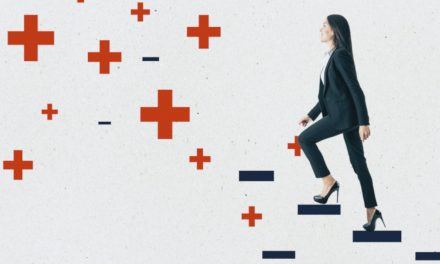Long Term Care Facilities that have been designated as a Special Focus Facility, or have a history of quality issues and deficiencies, could be at risk for losing their Medicare funding.
According to McKnight’s Long-Term Care News, the CMS is changing some of their annual audit procedures in response to budget cuts. Facilities that have been designated as a Special Focus Facility, or have a history of quality issues and deficiencies, could be at risk for losing their Medicare funding. While the annual CMS survey is undergoing changes, Section 6102 (c) of The Affordable Care Act requires all nursing homes to develop Quality Assurance and Performance Improvement (QAPI) programs. Currently, this initiative is being piloting in 17 facilities, but it will likely become mandatory in 2014. When that happens, all long term care facilities will be required to conduct Performance Improvement Projects (PIPs) to examine and improve care for services in areas that are identified as needing attention. Despite the push towards process improvement plans, when the CMS does their yearly audit of long term care facilities, they don’t look into employee performance data unless the timing happens to coincide with an incident involving an employee and a resident. For example, when a family member files a complaint against a community where their elderly loved one experienced a fall and was injured, the CMS must investigate and determine whether to site it as a deficiency, which counts against that organization’s Medicare reimbursement. If an incident claim is filed, the CMS comes in and checks the following: • Background check completions on employees • Reference check completions on employees • Performance improvement projects for employees In order to successfully manage the QAPI program and track employee contribution to these initiatives, and to prepare for any incident investigations, long term care organizations should consider implementing performance management software. With performance management software, managers can keep track of employee successes and recognize them accordingly — positive feedback reinforces positive employee behavior. By tracking employee achievements in an online platform, managers and HR can go in at any time and see how well an employee is performing, and if their staff is on track to achieve their PIP initiatives. Making this data accessible and setting goals in an online platform also connects employees to their day-to-day work by showing how their improvement plan relates to the larger PIP, which can be highly motivating for employees and their managers. Motivation is important when it comes to sustaining improvement. In order to prevent employee-related deficiencies, consider implementing talent management technology (like behavioral assessment software) to ensure that you’re properly assessing applicants. For example, by implementing reference assessment software long term care organizations can solicit higher quality references from their candidate’s previous employer. Reference assessment software ensures that employee references answer questions about the candidate based on his or her behavioral competencies, providing HR and hiring managers with valuable feedback through online reporting. By soliciting behavioral-based references from a candidate’s previous employer, you’re more likely to hire the right employees, making it less likely that you’re going to hire someone who contributes to deficiencies. In some states, there are even laws governing the requirement of employment references. For example, the state of Pennsylvania has a law requiring all home care agencies and registries to acquire at least two satisfactory employment references prior to hiring direct care workers. With the help of reference assessment software, continuing care and long term care organizations will be able to provide the CMS with easy to access online documentation of reference checks for all employees. To be prepared for an audit or an investigation from the CMS, consider implementing talent management technology to ensure that you have critical employee information located in an online format that’s easily accessible for reporting purposes. In the coming years, there will be more changes due to the Affordable Care Act and new quality assurance initiatives put in place by state agencies and the federal government. No one ever wants to be investigated for a deficiency; however, implementing reference checking software and performance management software at your long term care facility means you’re less likely to have employees who contribute to deficiencies in the first place, and you’ll be better prepared for a visit from the CMS. Are you interested in learning more about implementing a performance management system?
Download our white paper: Don’t Be Scared, Be Prepared: 5 Best Practices for Implementing an Automated Performance Management System to learn more!






